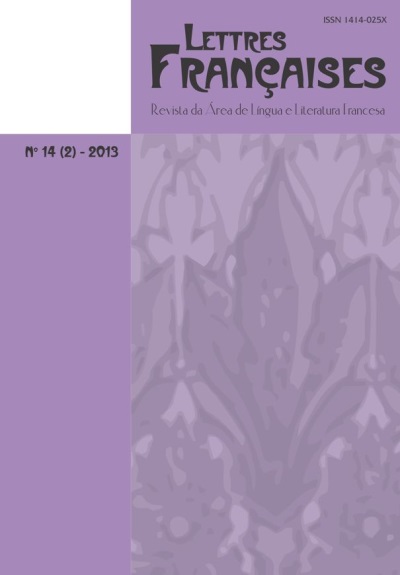Charles the Great and Roland: Heroes and the marvellous in the Song of Roland
Keywords:
The Song of Roland, Marvelous, Myth, Hero,Abstract
The Greek-roman culture understood the Universe and its phenomena through myths; gods and semi-gods were humanized and explained the establishment of the world’s order in society. The Middle Age in the west, heiress of Greek-roman world, turned to Christian beliefs, reconstructed values and beliefs provided mainly by the Church’s knowledge. In this sense, the aim of this essay, besides the fruition of reading The Song of Roland, is to comprehend and interpret what moved man to interact in his environment. The involvement of the marvelous theme in this text enables to justify our purpose of study, as the narrative is permeated by historical and cultural issues of the period (8th and 12th centuries). Literature created two heroes: Charles the great, a History myth, and Roland, as models of patriotism, feudal loyalty and knight ideal, involving thus, ethic, moral and religious issues of that society. Our considerations and assertions are based on the marvelous theories and History data, provided by authors like Aristotle, Le Goff, Bessière, Reboul, D’Onofrio, Grimberg, among others. We conclude that this literary text enable us a textual reading and a contextual one, in which the heroes are constructed as real or fictional, but are mythologized by the marvelous discourse.Downloads
Published
23/09/2014
Issue
Section
Artigos
License
Os manuscritos aceitos e publicados são de propriedade da Revista Lettres Françaises. É vedada a submissão integral ou parcial do manuscrito a qualquer outro periódico. A responsabilidade do conteúdo dos artigos é exclusiva dos autores. É vedada a tradução para outro idioma sem a autorização escrita do Editor ouvida a Comissão Editorial.

